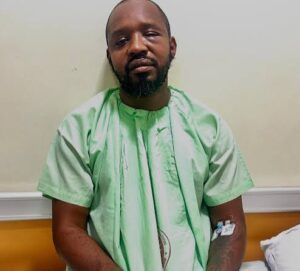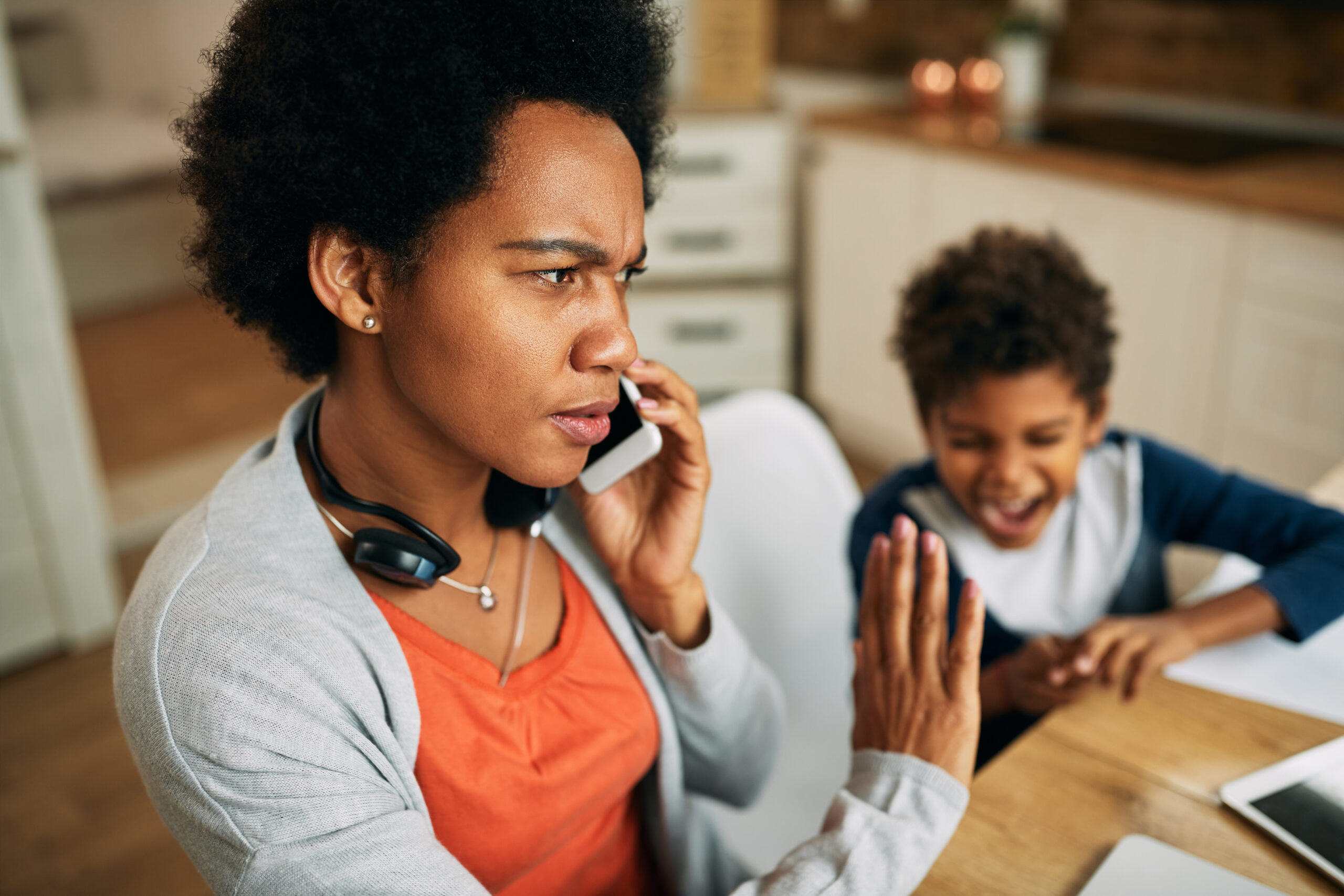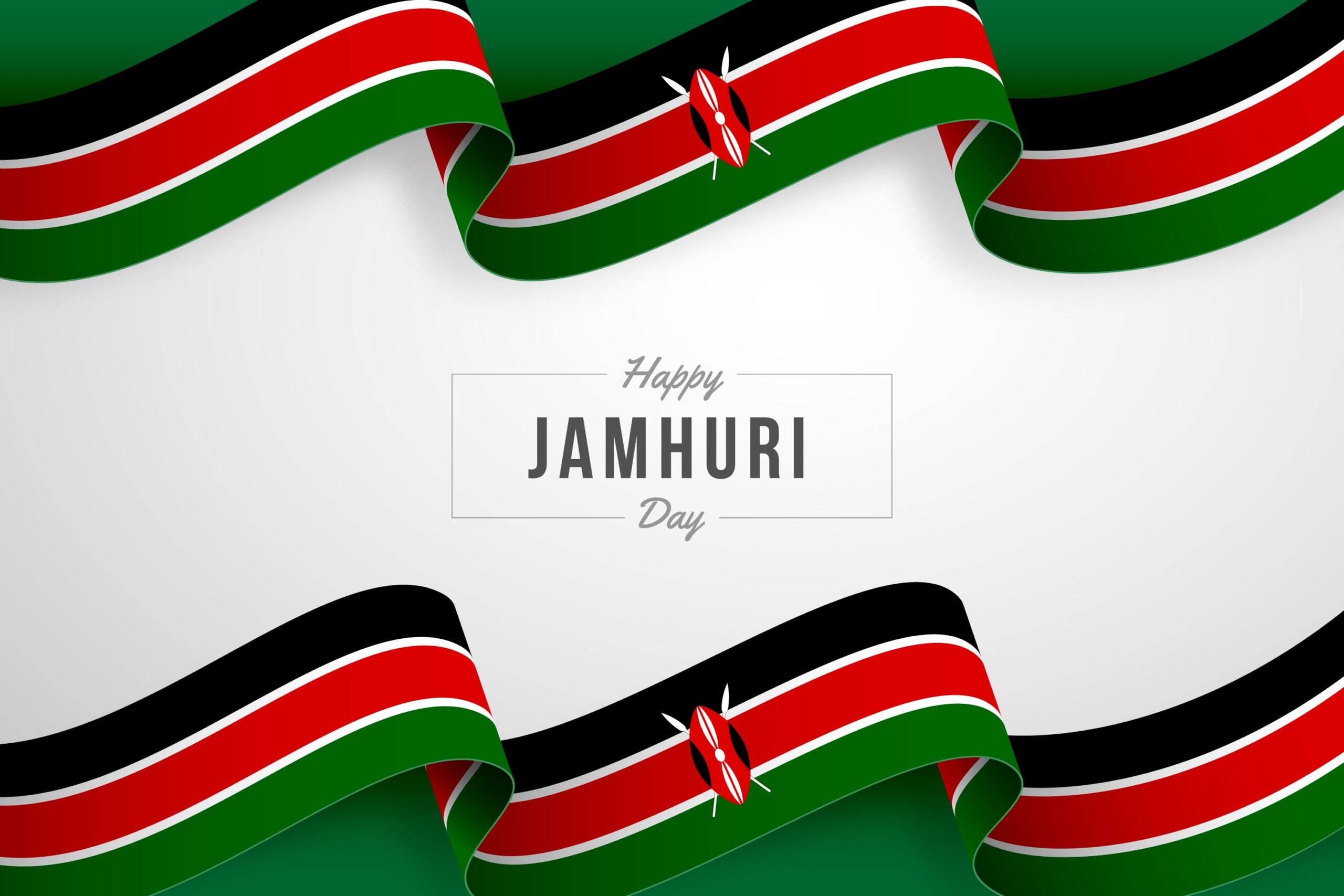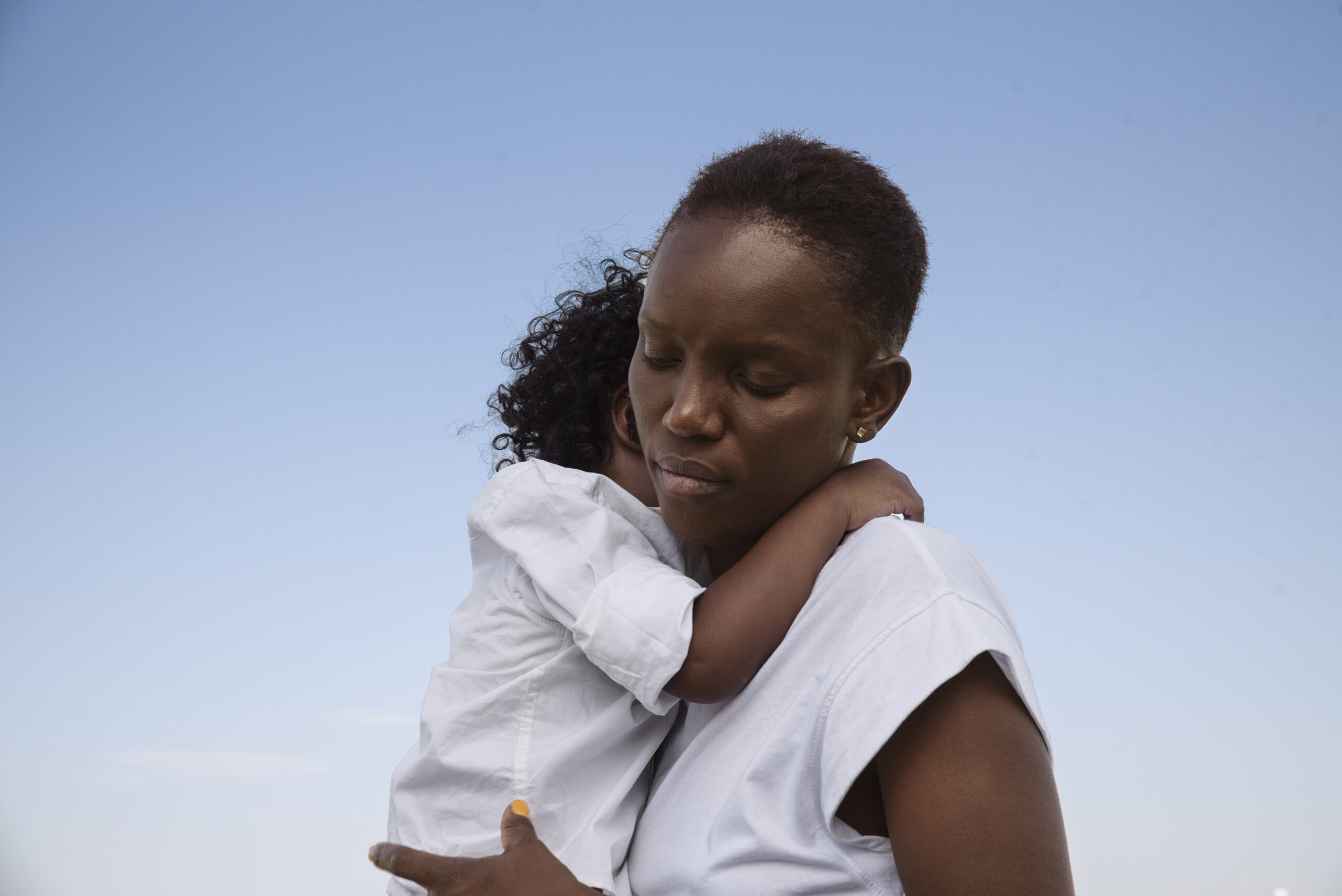Written By Geoffrey Omeke
Just days after the controversial deportation and detention of Kenyan citizens—including former Chief Justice Willy Mutunga and former Minister for Justice and Constitutional Affairs Martha Karua—sent shockwaves across East Africa, tensions between Kenya and its southern neighbor, Tanzania, have deepened further.
This escalation follows disturbing revelations surrounding the recent abductions of Kenyan activist Boniface Mwangi and Ugandan human rights advocate Agather Atuhaire.
At a recent press conference, the two activists—still visibly traumatized—recounted harrowing experiences in which they say Tanzanian authorities abducted them from their hotels, blindfolded them, transported them to undisclosed locations, and subjected them to severe physical and psychological torture.
The purported motive: to extract information about their presence in the country. This, despite Tanzania’s commitments under the East African Community (EAC) Treaty, specifically Article 104, which guarantees freedom of movement for all citizens of the regional bloc.
 Their testimonies revealed a pattern of abuse marked by physical assault, sexual violence—including sodomy—and humiliation. Both Mwangi and Atuhaire alleged that their abductors recorded video footage of the abuse and threatened to release it should they ever speak publicly about their ordeal.
Their testimonies revealed a pattern of abuse marked by physical assault, sexual violence—including sodomy—and humiliation. Both Mwangi and Atuhaire alleged that their abductors recorded video footage of the abuse and threatened to release it should they ever speak publicly about their ordeal.
According to the United Nations, sexual violence has long been weaponized by combatants and authoritarian regimes as a tool of repression. On the African continent, the data is particularly grim: between 250,000 and 500,000 women and girls were raped during the 1994 genocide in Rwanda; more than 60,000 in Sierra Leone’s civil war; and at least 200,000 in the Democratic Republic of the Congo since 1996. These figures, while alarming, are widely believed to be significant undercounts, as stigma, fear, and trauma often prevent survivors from coming forward.
Survivors of sexual violence face dual burdens: the immediate physical and psychological trauma, and the longer-term risk of stigma and social ostracization. Shame, guilt, and cultural taboos surrounding sexual assault are frequently manipulated to ensure victims remain silent. Many, fearing retaliation or further humiliation, choose to endure their suffering in silence.
 By choosing to speak out, Mwangi and Atuhaire have demonstrated profound courage. In recounting their suffering, they have laid bare the brutality they endured and reclaimed their agency. The shame does not belong to them—it belongs to their torturers.
By choosing to speak out, Mwangi and Atuhaire have demonstrated profound courage. In recounting their suffering, they have laid bare the brutality they endured and reclaimed their agency. The shame does not belong to them—it belongs to their torturers.
The International Committee of the Red Cross emphasizes that victims of sexual violence must be treated with sensitivity, dignity, and the utmost care. Their privacy and humanity must be protected. In that spirit, the presence of friends and family at the side of Mwangi and Atuhaire has offered a measure of solace amid their turmoil.
Despite growing public outcry, the Kenyan government has maintained a conspicuously muted response—one critics have described as tepid, even pusillanimous. In light of these new and chilling allegations, many Kenyans are watching closely to see how their government will respond.
Whether justice is still our shield and defender remains to be seen. For now, a region watches and waits.








